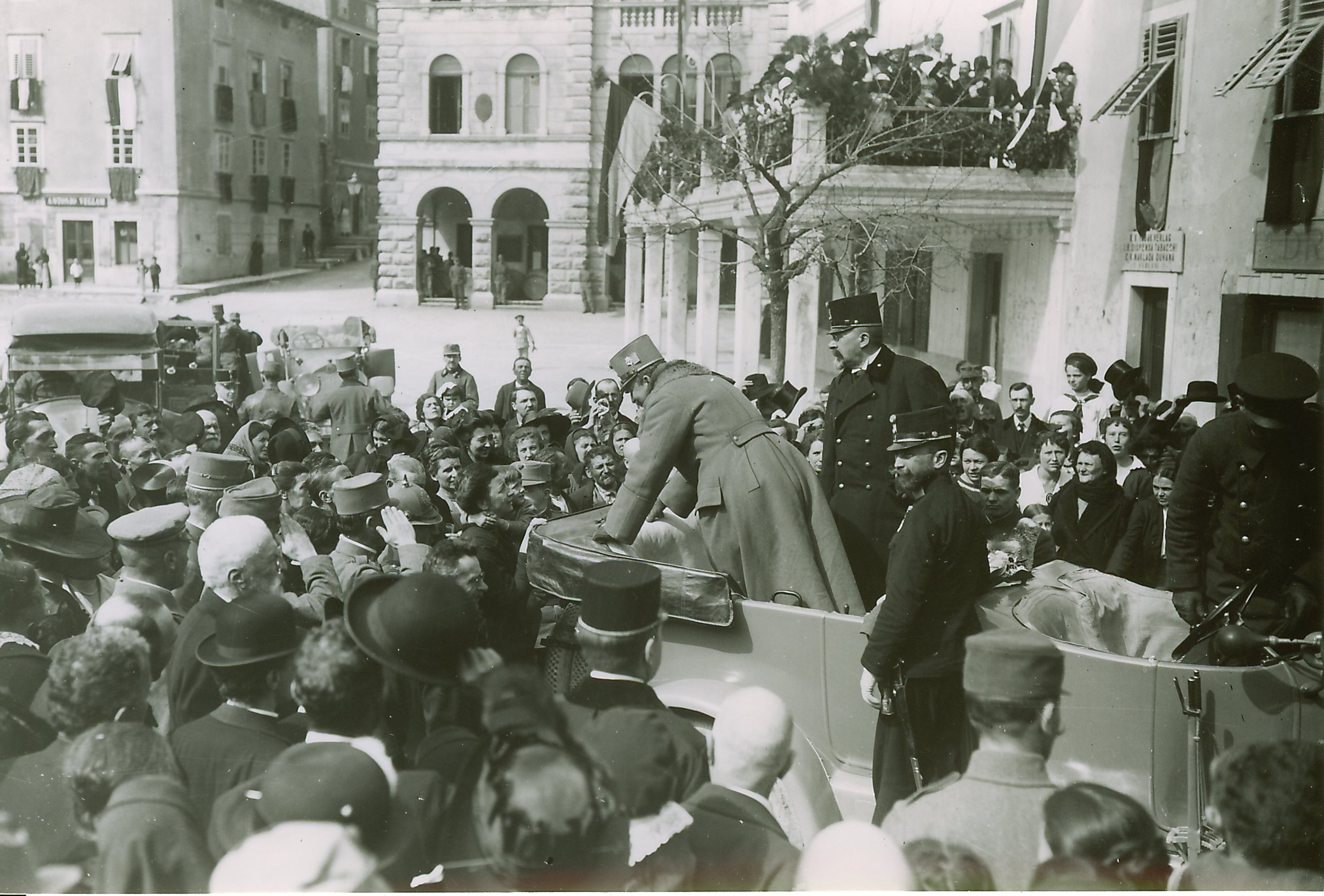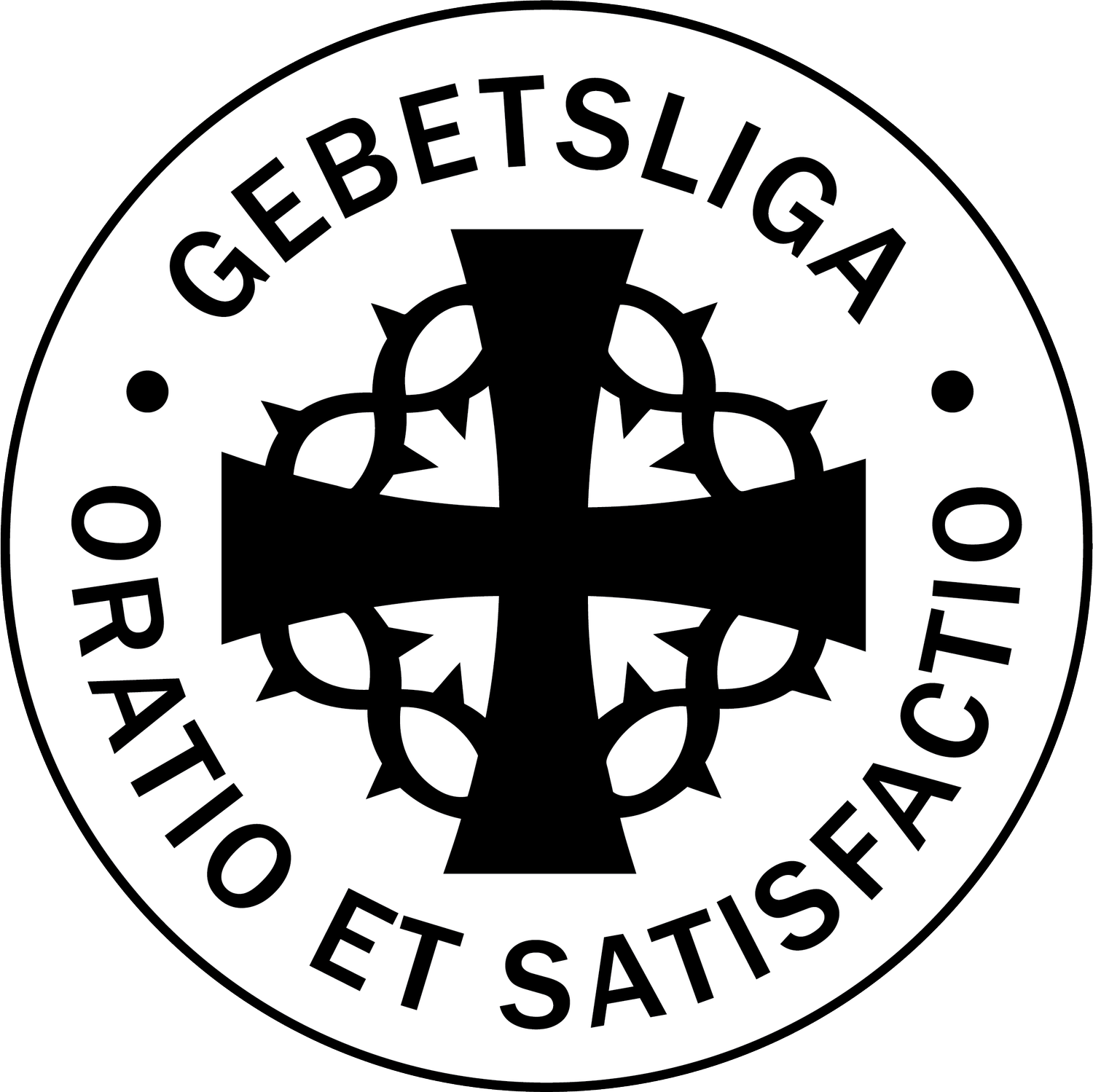
Karl: A Catholic Monarch
Morally, as Emperor, Karl was concerned for the spiritual welfare of his people. He had plans to build many churches throughout Vienna to make access to churches easily available to all Viennese. He also insisted that the name of God be cited in all laws and acts of his government, because laws should be motivated by the love of God and one's fellow man. Although he incorporated many laws and movements to raise the morality of his people, he primarily led them by the example of his life. A life dedicated to God, family, and homeland.
At the end of the war, revolution was beginning to spread throughout the empire. In Vienna, members of his government approached him requesting that he abdicate. He resolutely refused, stating: "My crown is a sacred trust given to me by God. I can never forsake that trust or my people." With the empire literally falling apart, and the Austrian government in chaos, he was finally coerced into signing a renunciation document in which he temporarily removed himself from governing until the people could decide on what form of government they desired. It was not an abdication-he would keep his sacred trust, even if it meant exile and poverty.
Emperor Karl went into seclusion at Eckartsau, a family hunting estate outside of Vienna and from where he would later be sent into Swiss exile. While he was in exile, he was approached several times by unscrupulous people and groups offering to return him to his throne. They, of course, had ulterior and selfish motives for making their offers. He refused them saying: "As a Catholic monarch, I will never make a deal with the devil-even for the return of my throne." Because of his continual refusal to abdicate, he was sent into exile in Switzerland.
He spent a couple of quiet years with his family in Switzerland, but requests from Hungary continually begged him to return. Hungary was still a monarchy at this time and Karl was the rightful monarch. He staged two attempts to reclaim his throne from his regent, Admiral Horthy. The first time, Admiral Horthy convinced him that it was not yet time to restore Karl to the vacant throne, and that more preparations had to be made. However, back in Switzerland, Karl continued to receive requests for him to return, along with reports that convinced him that Horthy had betrayed him, and had no intention of returning the throne. He attempted a second restoration bid, which had the support of the French government and the Vatican, but this time, Admiral Horthy lied to university students in Budapest, armed them, and sent them against their rightful king. Thinking the King was held captive by Slovak forces, the students created a standoff with the army, which was loyal to Karl. When he saw that there would be bloodshed in his name, instead of pressing on to the capital with his loyal troops, the Emperor-King surrendered saying: "The return of my crown is not worth the spilling of innocent Hungarian blood."
Emperor Karl was taken prisoner, and then sent into exile on Madeira island, where he soon became fatally ill. Towards the end of his illness, he called his eldest child, Crown Prince Otto, to his side. He wanted his son and heir to witness the faith, with which he approached death, saying: "I want him to see how a Catholic and an Emperor dies." This too clearly shows how Karl perceived his spiritual and temporal mandates to be irrevocably intertwined.
Like a loving father and good monarch, Karl's prayers during the final days of his life were for the people of his former empire. He forgave his enemies, and those who betrayed and exiled him. His most fervent desire was to return to his homeland. He prayed for his homeland, saying: "I must suffer like this so that my peoples can come together again."
Text by Br. Nathan Cochran, OSB

